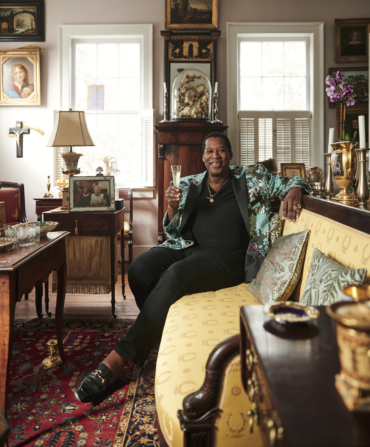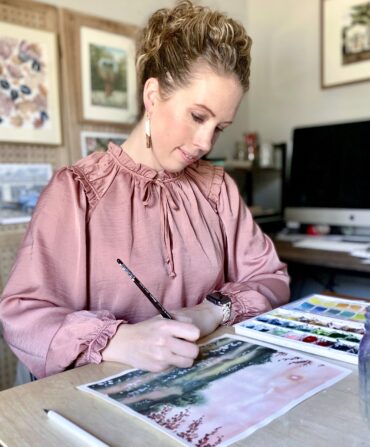The South is an aggregate of many Souths: the Upland South, the Deep South, the Urban South, the Rural South, the vestiges of the Old South, the New South, the Newer New South, and so on. Then there’s what Bakari Sellers calls the “Forgotten South.”
Its borders aren’t strictly geographical, though it’s roughly contained inside the so-called Black Belt running through the lowland states and eristics, instead, are economic and racial. In My Vanishing Country, a memoir-slash-manifesto, Sellers locates its epitome in his hometown of Denmark, South Carolina, a majority African American town of nearly 3,000 devastated by “isolation, lack of economic development, and substandard housing and school systems.” Driving through downtown, he writes, “is like looking into a loved one’s eyes and no longer seeing a twinkle.” Businesses are shuttered. The hospital has closed down. Most of the town’s schoolchildren are on the free lunch program. In Denmark, as in countless rural outposts like it, “the light has dimmed,” Sellers writes. Even the rudiments—clean water, internet access, groceries, medical care—can be hard to come by.
Suffusing this bleak portrayal, however, is a sorrowful but abiding love. South Carolinians may recognize Sellers from his time in the state legislature; elected at twenty-two, he became the youngest legislator in state history. National audiences may recognize him from his regular appearances as a political analyst on CNN, where the thirty-five-year-old attorney offers earnest, sometimes unorthodox, and often elegant commentary. That ambition and elegance emerged not in spite of his Denmark youth, he makes clear, but because of it. “When you grow up in these left-behind communities…the only real thing that your families can give you is a sense of self and the notion of being unapologetically black,” he writes. “That pride allows some of us to maneuver out of the dirt roads to Wall Street.” Or, in his case, to the statehouse, courthouse, and television studio.
The “dirt road” adolescence Sellers sketches is lit with idyllic memories—fishing with a cane pole, the “Icy Lady” selling frozen Kool-Aid from her porch, teenage farm work, and playtime in cotton fields. Yet it’s not a childhood many Americans—certainly not the national media—associate with African Americans. “The media equate rural America to white America,” Sellers writes, “and that’s not only an untrue portrait, but it influences how the public perceives the nation’s crossroads.” People of color, he notes, compose one-fifth of rural America—an all-but-invisible fifth, excluded from the demographic stereotype.
Sellers himself, however, was never inconspicuous. He’s the son of Cleveland Sellers, a Harvard-educated civil rights activist who served a prison sentence for supposedly inciting the events that led to the 1968 Orangeburg Massacre at South Carolina State University (he was later granted a full pardon). Sellers’s “Uncle Jesse” was Jesse Jackson, and “Uncle Julian,” Julian Bond. Sellers entered Morehouse College at the age of sixteen, carting a four-foot-long ball python into his dorm room. He began plotting his first political campaign a year later. Among his many tattoos is an Einstein quote on his left biceps. He writes of politics, “You can’t do it halfway,” and most likely says the same of life.
Political memoirs often come across as Instagram selfies in prose form. You finish them feeling as though you’ve had your hand shaken too long. And while Sellers occasionally falls prey to the genre’s clichés (“this wasn’t just something I wanted to do,” he writes of one campaign, “but something I needed to do”), the hybrid framing of My Vanishing Country—the way he toggles between Denmark’s life and times and his own—imbues it with uncommon grit and urgency. It’s not a policy prescription or a blueprint for a candidacy. At its heart, it’s a love letter to the people and landscapes of that Forgotten South—an insistent case for it to be unforgotten, and for Sellers’s personal rallying cry of “Black, Country, and Proud” to ring more loudly and vibrantly through American society. “Every ounce of black cultural liberation, every bit of political ideology,” he reminds us, “first derived from the South. The spirit by which we have fought to gain those not-so-tangible ideals, such as freedom and justice,” he continues, “emerged from us country folk.”









